Since I mentioned St. John Chrysostom in my last blog, Blind support, I thought I’d post a research paper that my oldest son wrote last spring for his homeschool writing class. He worked tirelessly to craft an essay that could give readers an in-depth glimpse into the amazing man, his gift of oration and persuasive rhetoric, his struggles against the Arians and battles against other apostasies of the early Church, his willful suffering, and his legacy for fearlessly protecting Apostolic tradition and perpetuating true Christianity.
The image at top shows Chrysostom debating the powerful Empress Eudoxia, who practiced Arianism, a popular 4th-century heresy. But Chrysostom also battled against the heresy of Judaizing and is probably most well-known outside of Orthodox circles for his “Adversus Judaeos,” meaning “Against the Judaizers.” These eight homilies were meant to smash and desist the spread of the false practices of Judaizers, not to challenge the beliefs of the religious Hebrews. Chrysostom simply wanted to clarify dogma and insist that people needed to pick a team.
“Both [Christian and Jewish writers] agree that, while Chrysostom’s bombastic rhetoric is pretty offensive to modern ears, he’s not coming down on the Jews out of a clear blue sky,” explained Silouan Thompson, a priest in the Russian Orthodox mission in the Philippines. “He’s primarily rebuking Judaizing Christians who attend Synagogue on Saturday and Church on Sunday, still trying to live in both worlds, and who teach others to do the same.”
Predictably, “anti-Semitism” is all easily triggered “modern ears” hear. Presentists clamor for the nearest safe space when confronted with the past because they only see through 2019 lenses. They think that history began in the 1960s, or maybe even during the Obama administration, and that real Christianity was born in 1054 or 1517, or maybe even in 1620 in Massachusetts Bay Colony, or perhaps even within the messianic verbiage of the Gettysburg Address in 1864. Context, nuance, and the long view of history are anathema to neophiliacs.
So, let us learned Christians instead take a look at this important priest who challenged untruths and be abundantly thankful that cultural Marxism wasn’t a thing from 347 to 407 A.D. Who knows where the Church would be today without the firm conviction and unapologetic polemics of our “golden-mouthed” Christian ancestor.
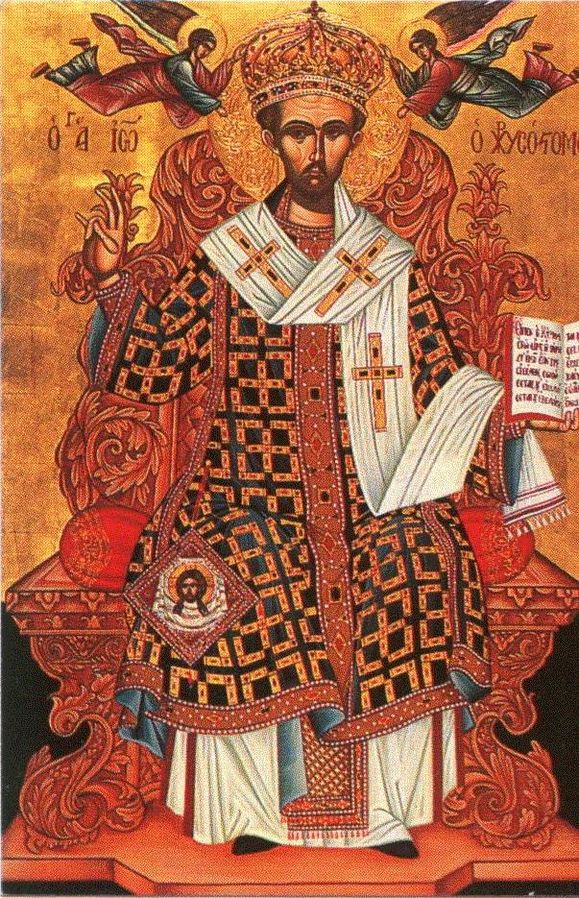
– Kontakion, Orthodox hymn
The gallant “Golden-mouth”
“It is necessary to make a man better, not by force, but by persuasion,” St. John Chrysostom stated, explaining to Christians that deft evangelism is vital to spread the Gospel. Many Christians today may have never heard of this 4th-century theologian, although he was well-known in his day. One of the reasons for his fame was his rhetorical battle with the Arians, who denied the divinity of Christ and the existence of the Trinity. For instance, the Arian general Gainus was returning from war and asked Emperor Theodosius to have one of the churches set apart for Arian worship. Being that John was the Patriarch of Constantinople at this time, Theodosius conferred with him about Gainus’ plans, but John clearly denied the command. He exalted the cross. He warred against heresy. He was a resolute champion for Christ.
John Chrysostom used elocution to defend the true doctrine. John was born in the year 347 A.D. in Antioch, which is modern-day Turkey. His mother was Anthusa and his father Secundus, who was a high-ranking officer in the army, but sadly passed away when John was just an infant. Anthusa, a devout Christian, taught young John about the Scriptures. She thoughtfully found the best teachers for him, including Libanius. This sage pagan taught John the amazing skills of dauntless discourse and debate.
When John graduated from this prestigious instructor, he decided to devote himself to the practice of law, but once he realized the wickedness within, the talented scholar wished to become a hermit. Pleading to her son, Anthusa begged John not to depart from her until the time of her death. John agreed. So while his mother still lived, he became a church reader. When Anthusa died, he cloistered himself in order to study the Bible without emotion.
He also greatly helped the poor, not just with money, but with spiritual guidance. Consequently, in 381 John became a deacon. In 386 he was promoted to the priesthood. In 397 he was elected Bishop of Antioch. Finally, John became Patriarch of Constantinople the following year. His rhetorical training fashioned John into the masterful preacher he was to become.
John Chrysostom was a natural leader, which came at immense risk because of the danger of his age. Chrysostom is Greek for “Golden-mouthed” — a nickname that was extremely explicit. Through his eloquent homilies, John converted many pagans to Christ. John also used polemics to decimate the opposing argument by aggressively debunking their cause, such as speaking against the unjust abuse by church authority. When John challenged the crooked wealthy and corrupt clergy, they called him a blasphemer. In 403, the sinister Empress Eudoxia, who was an Arian, banished him due to his purposeful sermons. Fearlessly, he accepted his punishment without complaint. The people rioted. John returned. He continued preaching.
In the year 404, Eudoxia fashioned a monument of herself right outside a church in Constantinople. John irately compared the empress to Herodias, the wife of King Herod, who had John the Baptist put to death. Therefore, she banished him yet again. Eudoxia was ruthlessly intentional that John’s exile was as painful as possible. On his way to Georgia, John requested to stop at a monastery, and the soldiers who’d been sent to make sure the aged priest kept moving, agreed. When John entered, he fell down before the altar and exclaimed these words with his final breath, “Glory be to God for all things, forever and ever! Amen.” Through his God-given skills, it was providential that John was such a principled servant of Christ and died a martyr’s death in those treacherous and tumultuous times.
John Chrysostom is an influence for all Christians. In one way, he was an ascetic and lived a simple life, and in another way, he suffered patiently. John, who is a saint in the Orthodox Church, is also one of the three Holy Hierarchs, along with St. Basil the Great and St. Gregory the Theologian. He is a also saint in the Catholic Church, revered by the Church of England, and was one of the favorite theologians of John Calvin. Revising the normally sung Divine Liturgy at Orthodox Churches, John also authored the Paschal Homilies, which are the sermons recited at Easter. Because of this legacy, there are hymns sung to St. John, both Troparians and Kontakians.
Surprisingly, he created the second most surviving early Church writings, while Augustine of Hippo has the most. “The presence of a small Christian community in hostile Islamic Iran is due in part to John’s labors,” remarked one historian. Where would the Church be without John Chrysostom?
John was truly a champion of the faith, which was under attack. Adroitly, he protected Christ’s people. By using his knowledge and words, John led Christians like a shepherd tending to his flock. He’s an astounding example for how Christians should act, especially when times are difficult. Although John did not worry about earthly wealth, he cared for the riches of heaven. Using his heart and his mind, St. John Chrysostom’s mouth spoke gold for the Lord.
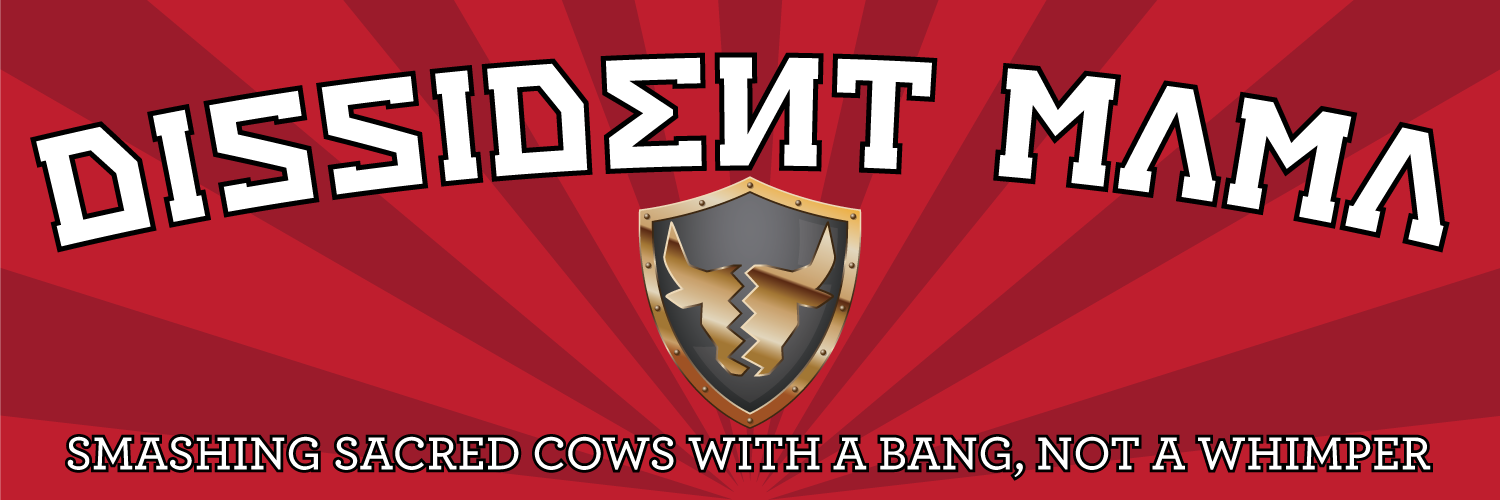
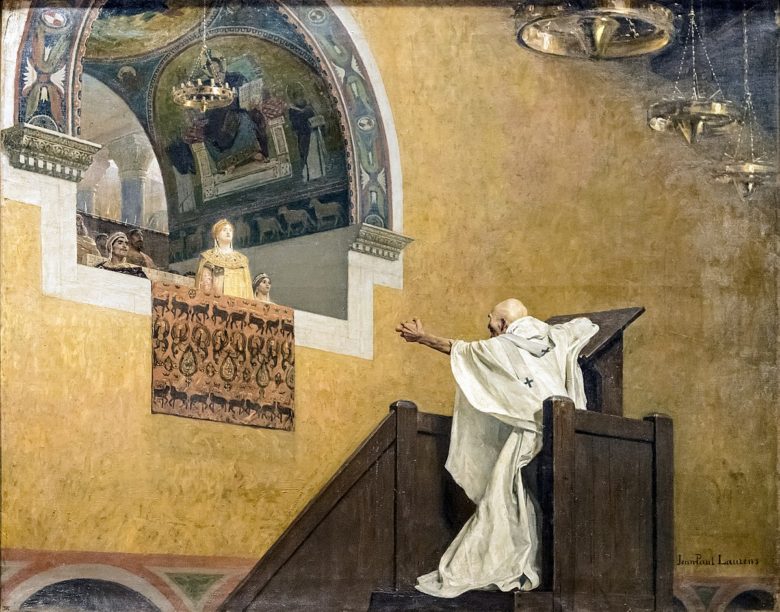


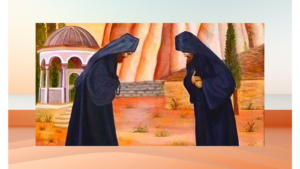
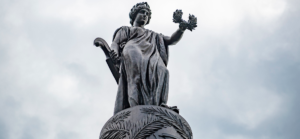
Comments
The best way to garner more input to the comments is to adopt the much better Disqus platform, as you told me, weeks ago, that you were going to. If hubby can’t get it done, grab a geek.
Author
Tried Disqus. Hated it. But I hope to hear from you again soon.